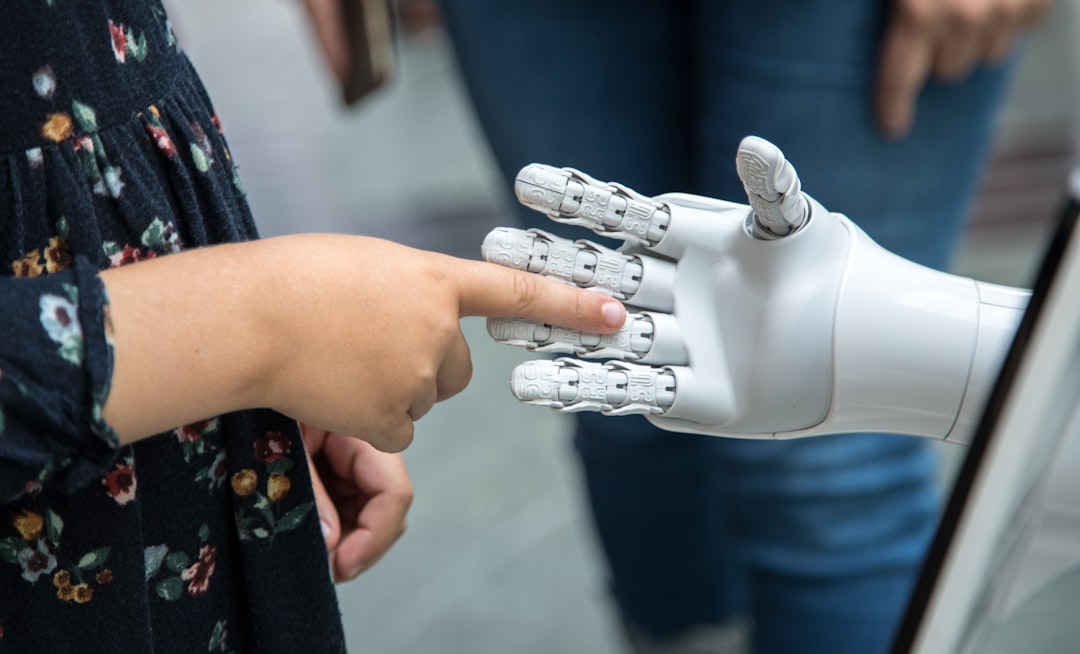As AI continues to advance, numerous jobs are at risk of being automated. Here are some of the most common roles facing significant disruption:
1. Data Entry Clerks and Processors
- Reason for Risk: Machine learning algorithms can process vast amounts of data with greater speed and accuracy than humans.
- Automation Potential: 69% of data processing tasks could be automated using current technologies (McKinsey Global Institute).
2. Customer Service Representatives
- Reason for Risk: AI-powered chatbots and virtual assistants handle routine inquiries efficiently.
- Automation Potential: By 2025, 95% of customer service interactions are expected to be powered by AI (Gartner).
3. Manufacturing and Assembly Line Workers
- Reason for Risk: Robotics and AI have transformed manufacturing, increasing efficiency and reducing labor needs.
- Automation Potential: Up to 20 million manufacturing jobs could be replaced by robots globally by 2030 (Oxford Economics).
4. Transportation and Logistics Workers
- Reason for Risk: Autonomous vehicles are increasingly capable of performing tasks traditionally done by humans.
- Automation Potential: Automated vehicles could replace up to 294,000 long-distance truck driving jobs in the US (American Center for Mobility).
5. Retail Salespeople
- Reason for Risk: E-commerce and AI-powered recommendation systems reduce the need for human sales staff.
- Automation Potential: 12% of retail jobs have disappeared in the UK since 2008, partly due to automation (British Retail Consortium).
6. Market Research Analysts
- Reason for Risk: AI can quickly process and analyze large datasets, automating some aspects of market research.
- Automation Potential: While AI handles data analysis, human insight remains crucial for strategy development.
7. Proofreaders and Translators
- Reason for Risk: Natural Language Processing (NLP) advancements automate basic proofreading and translation tasks.
- Automation Potential: Nuanced content still requires human expertise, but routine tasks are increasingly automated.
8. Radiologists and Diagnostic Technicians
- Reason for Risk: AI systems can analyze medical images with accuracy comparable to human healthcare professionals.
- Automation Potential: AI is becoming adept at detecting diseases from medical imaging, though human judgment remains essential.
9. Financial Analysts
- Reason for Risk: Routine financial analysis tasks can be automated, though complex strategy still requires human insight.
- Automation Potential: 28% of banking sector jobs in the UK are at high risk of automation (Financial Stability Board).
10. Bookkeepers and Accountants
- Reason for Risk: Automated accounting software can perform many traditional bookkeeping and basic accounting tasks.
- Automation Potential: About 25.4% of chartered and certified accountant jobs are at high risk of automation (UK’s Office for National Statistics).
These roles highlight the broad impact of AI across various sectors, from administrative and customer-facing positions to specialized fields like healthcare and finance. While AI may replace some tasks, it also creates opportunities for new roles and responsibilities that complement its capabilities.










0 Comments